Weighing the actual costs of renting versus owning an RV can feel a little overwhelming, especially when you’re planning to live in one full-time. Both choices offer freedom and adventure, but where you’ll really feel the difference is in your wallet.
Price, convenience, flexibility, and even how you plan to travel all factor into what works best for you. Here, I’ll break everything down with real-life numbers and stories so you can make a call that fits your lifestyle and travel dreams.
What Goes Into RV Living Costs?
Living in an RV is not just about hopping on the road and chasing sunsets. There are quite a few expenses that pop up along the way, some obvious and some that can catch you off guard. Whether you’re thinking about renting or buying, you’ll want to look at both one-time payments and ongoing costs. I usually start with the three biggies: the RV itself, where you’ll park it, and what you’ll need to keep daily life running smoothly.
If you own your RV, the upfront price can be a bit of a shock. New rigs can cost anywhere from $60,000 to well over $200,000, depending on size and features. Used options, though, are way more budget-friendly. Renting looks a lot cheaper at first since you only pay monthly or by the week, but those rates add up over time.
Utility costs like propane, water, and dumping fees are separate from campground fees, and both renters and owners need to think about them. Service, repairs, and maintenance are other line items that keep popping up for RV owners. Renters don’t usually deal with these headaches (or bills), since the rental company covers most of it.
Breaking Down the Costs: Renting vs. Owning
Every financial decision comes with trade-offs, and the difference really starts to show over time. I’ve broken down some of the main costs below so you can get a clearer picture:
- Rental Fees: Renting a standard RV full time can run anywhere from $1,400 to $3,000 per month. This usually covers basic insurance, most repairs, and sometimes things like roadside assistance. Some companies also offer package deals if you rent for several months at once.
- Purchase and Loan Payments: Buying an RV can mean putting down a big deposit and then making monthly payments if you financed it. Monthly payments can land anywhere between $500 and $1,500 (or more),occasional surprise repair bills depending on the RV price, your down payment, and the loan terms. Don’t forget about interest.
- Insurance: Insurance for owners is usually higher than for renters since you need full coverage year-round. Expect to pay $800–$2,000 per year.
- Depreciation: RVs lose value over time, and if you buy new, that first-year drop in value hits hard. If you plan to sell your RV in a few years, know that resale value is rarely as high as you hope.
- Maintenance and Repairs: Owners set aside at least $1,000–$3,000 each year for upkeep. For renters, these costs are built into the rental price.
- Campground Fees: Whether you own or rent, you’ll still pay for where you park. Long-term sites often run $500–$1,200 monthly, depending on location and amenities.
When Renting Makes More Sense
There are plenty of reasons to stick with renting, especially if you love trying out different rigs or only live the RV life during certain seasons. Renting works best if:
- You like the idea of switching RV sizes as your needs change
- Your full time plans are under a year, or you want to test the lifestyle before committing
- You do not want the headache of maintenance or repair bills
- Your credit or savings do not support buying an RV right now
I spent one winter renting a travel trailer before buying, and the low-key setup and support from the rental company made things super easy. If anything broke, I got help or a replacement. It was also awesome to see if I could actually handle full time van life before taking the leap on my own rig.
On the flip side, if you rent for many months or even years, it might cost you way more than owning. Especially if you end up loving the lifestyle and plan to keep going, ownership can start to look a lot smarter halfway through your second year.
Owning an RV: The Real Numbers
Once you buy, you’ll get a bunch of perks you just do not get with rentals. Customizing your own space is a big one. You can paint, add storage, and fix things just how you like them. Owners can also save on rental markups and get better at budgeting for ongoing costs like insurance and maintenance.
For those able to pay cash up front, you’ll avoid any interest costs and can ditch any pressure from rental deadlines. Owners who travel slowly or stay in one place for months at a time can get discounts on campgrounds and utilities, too. Members of RV clubs like Good Sam or Escapees often snag extra deals, which makes traveling in your own rig even more affordable.
I’ve noticed friends who buy used RVs, especially smaller Class Cs or travel trailers in good shape, often spend less than $50,000 total and enjoy relatively low repair costs if they keep up with basic maintenance.
Since they own their RV outright, their only big monthly expenses are campgrounds, insurance, and daily living expenses. If you plan to live this way for more than two or three years, owning starts to pull ahead financially, even with occasional surprise repair bills.
Hidden and “Surprise” Costs You Should Know About
Unexpected expenses pop up, whether you own or rent. These can include:
- Extra mileage charges for renters if you travel farther than planned
- Big repair surprises for owners, especially with used or older rigs
- Storage fees, if you take breaks or return to a home base
- Equipment and accessory purchases (like hoses, surge protectors, upgraded mattresses, and RV specific gadgets)
- Seasonal differences in campground fees or propane costs
While most renters do not buy many gadgets, owners often spend extra on upgrades like solar panels, better lighting, or tech for working on the road. If you want all the bells and whistles, factor those in too. And if you end up parking in one place for a long time, storage fees or higher campground rates can sneak up on you.
Real-World Scenarios: Two Examples
Scenario 1: Renting Full-Time for 12 Months
Let’s say you rent a Class C RV for a full year at a rate of $2,000 per month, including basic insurance. You do not pay for repairs, but you cover campground fees (about $800 per month), fuel, and utilities:
- Rental fees: $24,000 per year
- Campgrounds: $9,600 per year
- Insurance is included
- Maintenance is covered
- Total: Around $33,600 for the first year
Scenario 2: Buying a Used RV and Living 12 Months
You buy a used RV for $40,000, putting $4,000 down and financing the rest at $600/month. Campground and fuel costs are about the same ($10,000 per year), annual insurance runs $1,200, and you spend about $2,000 on upkeep and minor repairs:
- Loan payments: $7,200 per year
- Down payment: $4,000
- Insurance: $1,200
- Maintenance: $2,000
- Campgrounds & utilities: $10,000
- Total first-year cost: $24,400 (and you own the RV at the end)
After the first year, you’re just paying the loan (or nothing if you paid cash!), insurance, maintenance, and your living/travel costs. Owning wins for longer-term travelers, while renting is sometimes a better pick for short-term or flexible plans.
Frequently Asked Questions
Below are some questions I hear a lot from people deciding whether to buy or rent for full time RV life:
Is renting or owning more cost effective for RV living?
Renting makes sense for short stints, testing out the lifestyle, or if you do not want to handle repairs. Owning becomes less expensive the longer you stay on the road, especially if you pick a reliable used rig and plan to travel for a few years or more.
Are there hidden costs I might not think of?
Yes! Owners deal with things like annual state registration, taxes, and big repairs. Renters sometimes face surprise fees for going over mileage limits or returning the RV dirty or damaged. Campgrounds, upgrades, and gear pile up for both as well.
Can I customize a rented RV?
Usually, rental RVs cannot be changed much. If decorating and custom gadgets are important, you’ll enjoy ownership more. Owners can make the space feel like home, while renters are limited by the company’s rules.
Do RV owners get any special discounts?
Certain memberships (like Good Sam, Passport America, or KOA Value Kard) offer owners discounts on campgrounds and some services. RV insurance bundles, wholesale clubs, and loyalty programs can also save owners money in the long run.
What about RV values and selling later?
Depreciation is real. Older RVs, though, can hold their value pretty well if kept up nicely. Buying used minimizes your losses, while brand new rigs lose value fastest in the first few years. Renting avoids resale risk altogether.
Should I try before I buy?
Definitely, many long-term RVers start with a short-term rental to see what style and size they really like before committing. This also helps with testing out living in a smaller space before making the jump for good.
Final Thoughts on Choosing Renting vs. Owning
Looking at numbers, lifestyle preferences, and how long you want to stay on the road gives you a way to choose what fits your needs best. Renting removes a lot of responsibilities, especially for first-timers, but long-term living leans toward owning if you want a home that feels truly yours.
Either way, a bit of research and honest budgeting up front leads to a more enjoyable RV experience with way fewer financial surprises along the way.
______________________________
If you’re eager to learn even more tips about the RV lifestyle, check out my other guides and start planning your next big adventure. Questions or thoughts about buying or renting an RV? Drop a comment or browse more resources right here.
Travel happy and safe out there!
BUILD YOUR RV LIFESTYLE AND FIND WHAT WORKS FOR YOU!
To learn more about Howard, you can check out this article.
My involvement in operating an online business while enjoying full-time RV life began in 2014, and I didn’t do it alone! Online success requires hard work, perseverance, and assistance to learn these skills.
The industry is constantly evolving, particularly with the rapid growth of Artificial Intelligence (AI) in the online world.
If you want to learn how to create great website content with AI easily and have an online business that generates income 24/7, 365, then you may want to check out how I did it.
I used this source to learn, engage with others for assistance, and create online income using multiple affiliate marketing sources.
You can also reach out to me by leaving a comment below. I will get back to you!
======> Can You Afford Not to Make Money Online? <======

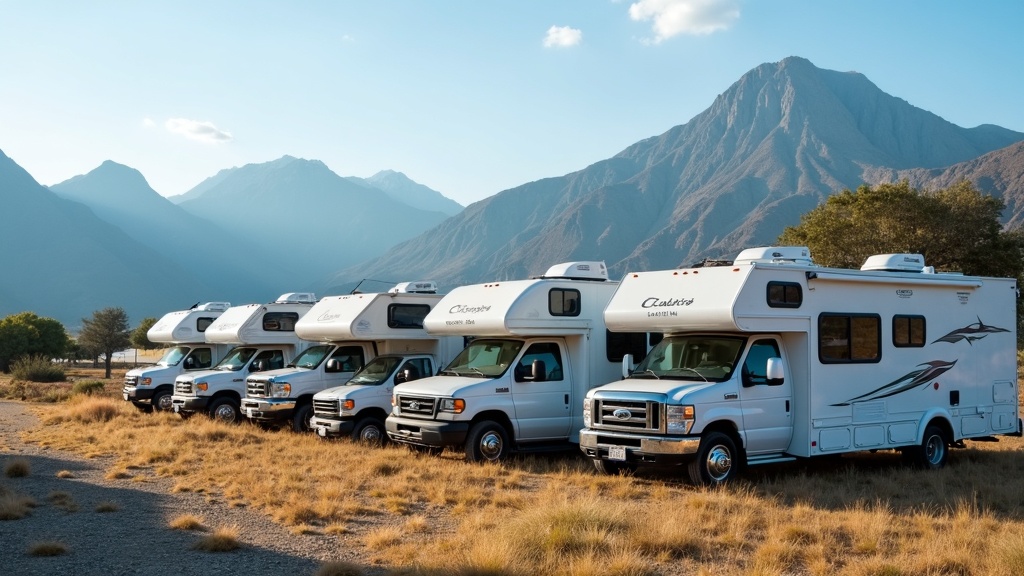
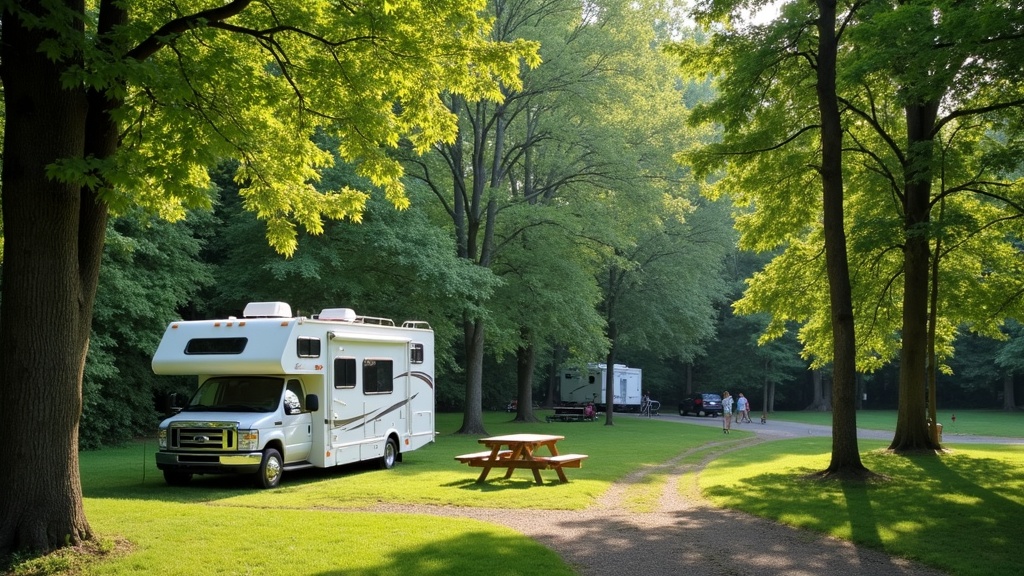
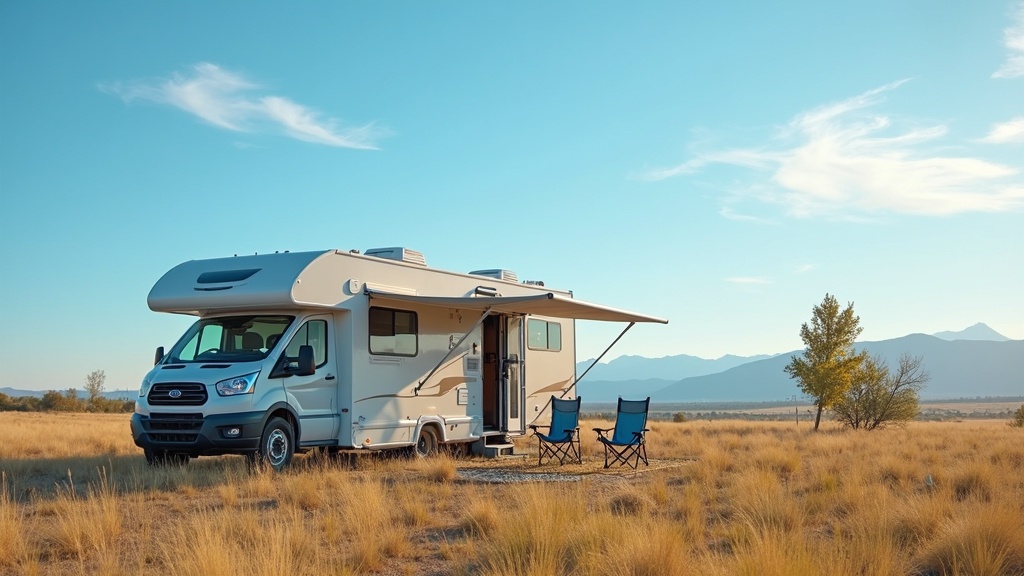
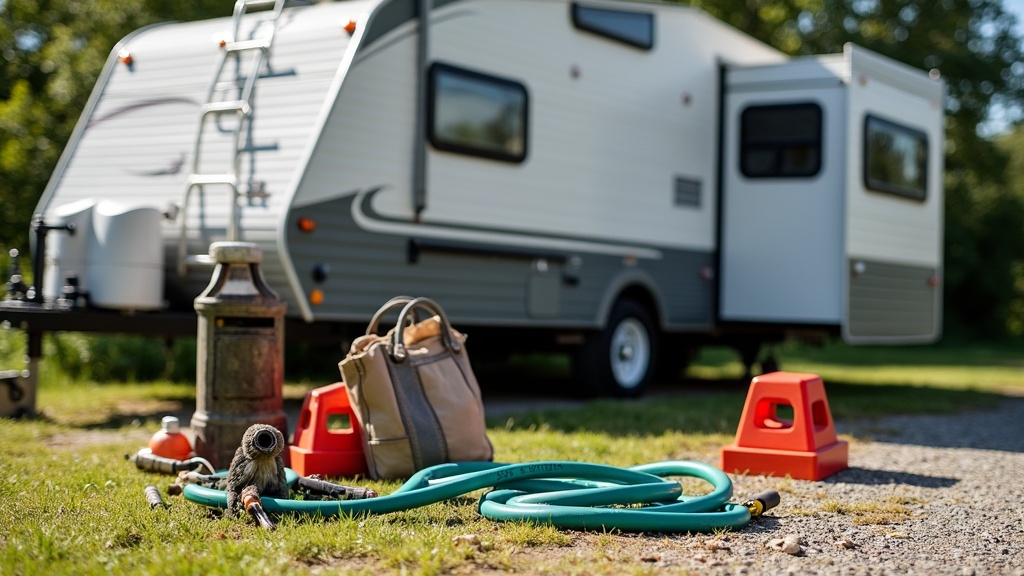
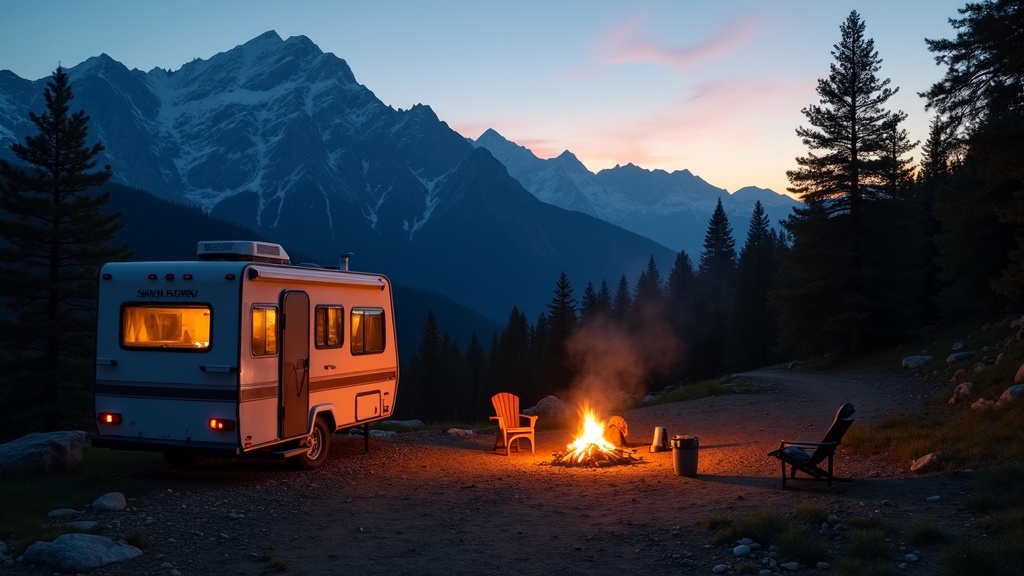
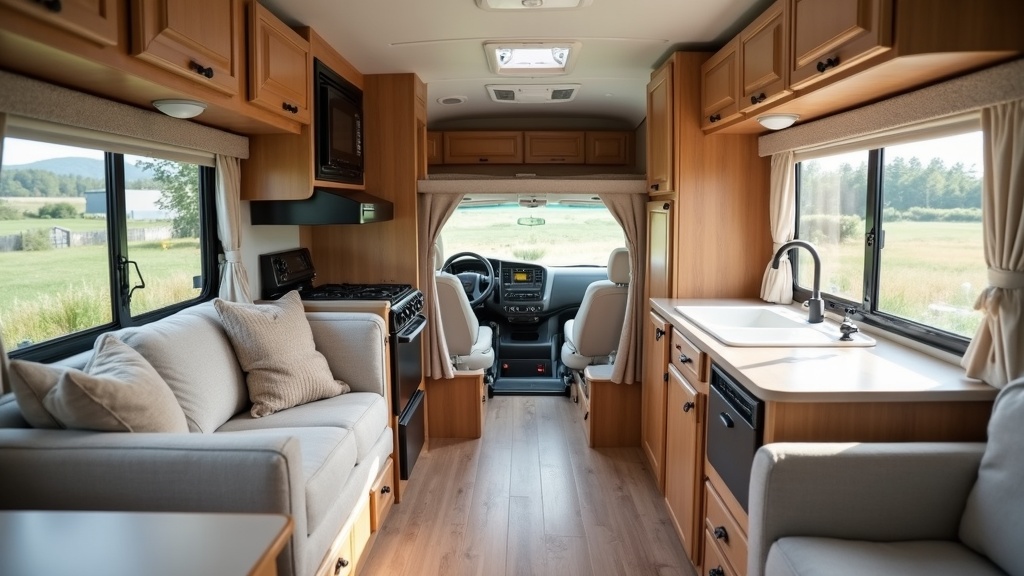

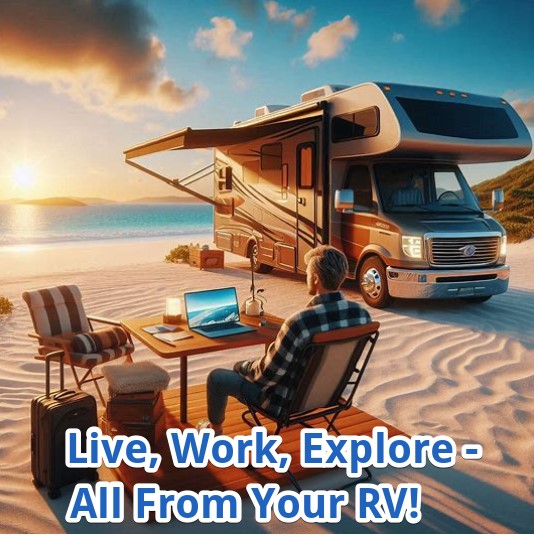
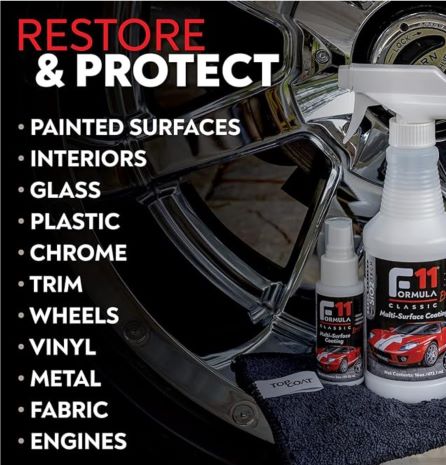
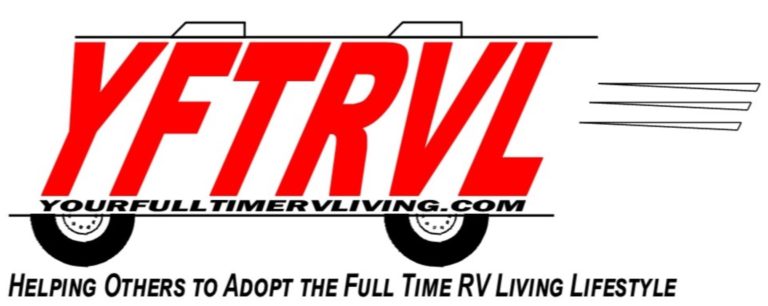



Recent Comments